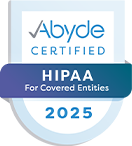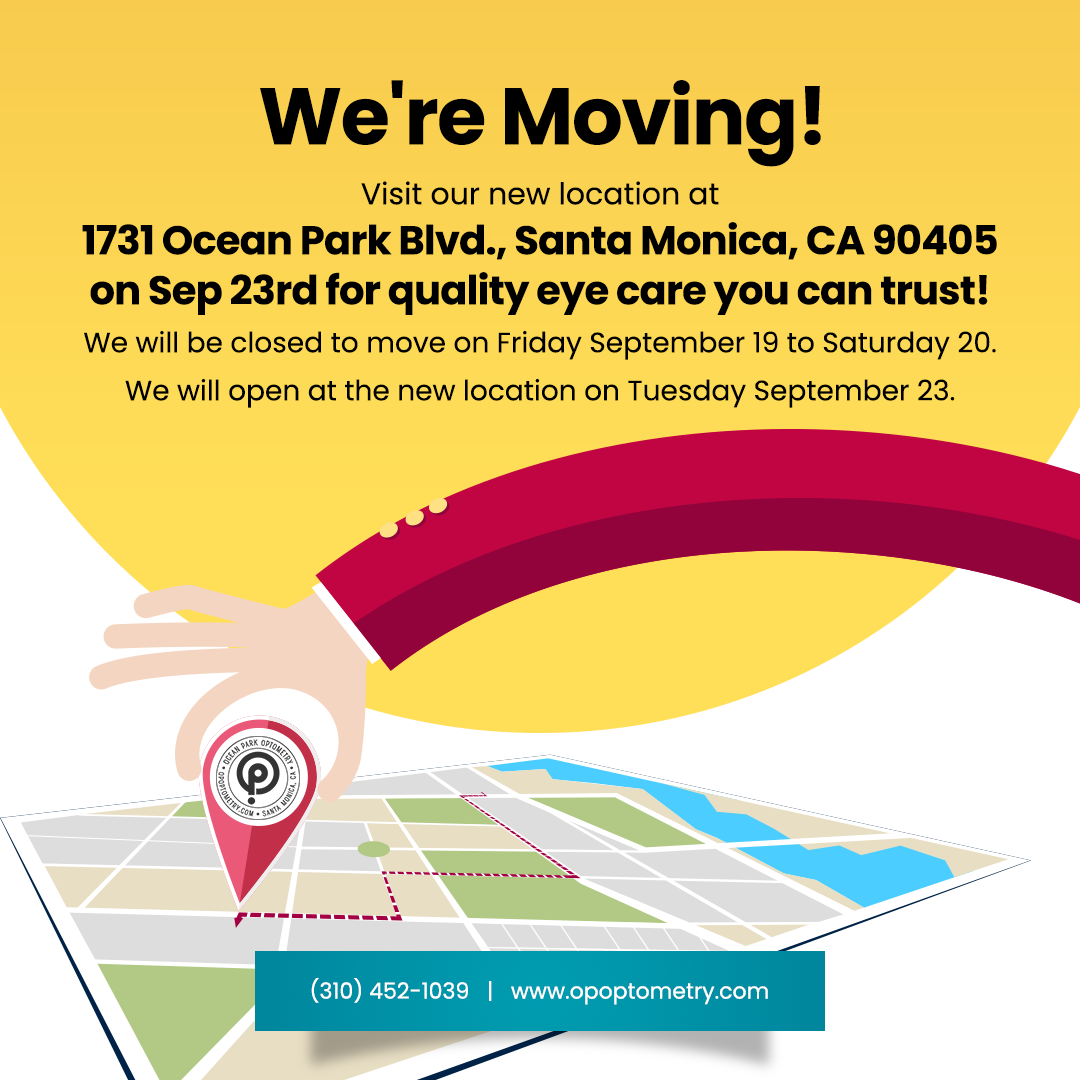
There are many different types of contact lenses, and a type that you may not have heard of before is scleral lenses. Scleral lenses aren’t like ordinary contact lenses. In fact, they have an entirely unique design that puts them firmly in the category of specialty contact lenses. As a result, they are primarily recommended for people suffering from corneal abnormalities, such as keratoconus.
Here’s what you need to know about scleral lenses, including how to determine if you are a suitable candidate for this type of prescription contact lens.
Scleral Lenses are Larger than Conventional Contact Lenses
One of the main differences between scleral and conventional contact lenses is their size. Standard contacts are usually between 9 and 9.5mm in diameter. However, scleral lenses are much bigger and there are various sizes available to suit your needs. In fact, the diameter of scleral contact lenses can range from 14.5mm to 24mm. There are several benefits of this. The first is that they don’t make contact with the cornea at all, but instead the edges touch down on the white part of the eye, called the sclera. Secondly, their larger size makes them easier to handle and more secure and stable when they are placed on your eyes. This means that they are less likely to fall out and will offer you vision that is much more stable and clearer.
Scleral Lenses Have a Vaulted Design
Another major difference between scleral and conventional contact lenses is that scleral lenses are designed to vault over the surface of the cornea, rather than lying on top of it. This creates a space where tear film can accumulate and keep the eyes hydrated and healthy. It also provides a gap to accommodate corneal abnormalities, such as the bulge that occurs in patients with keratoconus.
Scleral Lenses are Made from Rigid, Gas-Permeable Material
Most conventional contact lenses are made from soft plastic and while extremely comfortable, this makes them harder to handle, more likely to become folded while in your eyes, and easier to damage. Scleral lenses are made from rigid, gas-permeable material that makes them firmer, easier to handle, and provides the wearer with sharper vision. They can seem a little uncomfortable at first, but most people soon get used to them. Their gas-permeable nature also enables oxygen to pass through them and reach the surface of the eyes, supporting them to be healthy.
Who is a Good Candidate for Scleral Lenses?
Scleral contact lenses are a good option for many people with corneal abnormalities as well as dry eye disease. However, they are particularly recommended for people with keratoconus, and we are delighted to offer scleral lenses as the main treatment option for people with this condition.
What is Keratoconus?
Keratoconus is an unusual eye condition that occurs when the cornea becomes progressively thinner because of the fibers that weaken over time. Not only does the cornea become thinner (and more at risk of damage) but the weakening fibers also enable it to develop a cone-like bulge that makes it impossible to wear conventional contact lenses. This bulge also changes the way that light is refracted as it enters the eye, causing blurred vision, light sensitivity, and other issues.
Keratoconus can affect anyone, but it’s more likely in those people who have experienced trauma to the eye, undergone eye surgery, or who rub their eyes persistently, which is thought to weaken the fibers that usually help the cornea retain an even shape.
For more information on scleral lenses, call Ocean Park Optometry at (310) 452-1039 to reach our office in Santa Monica, California.













